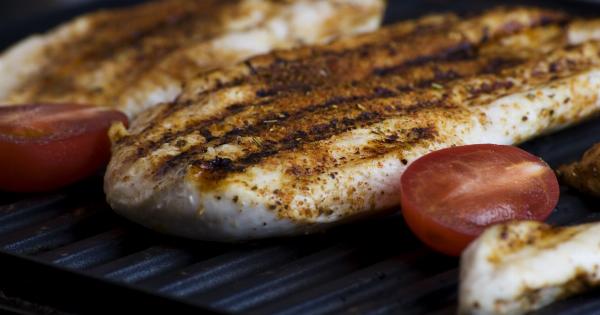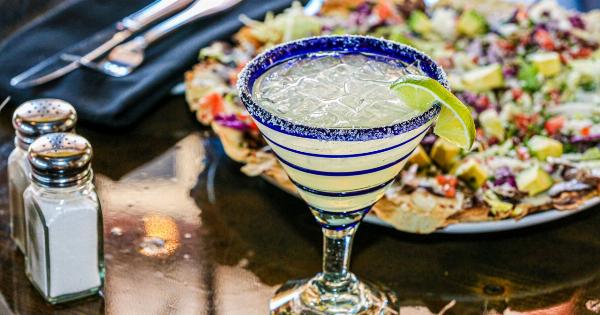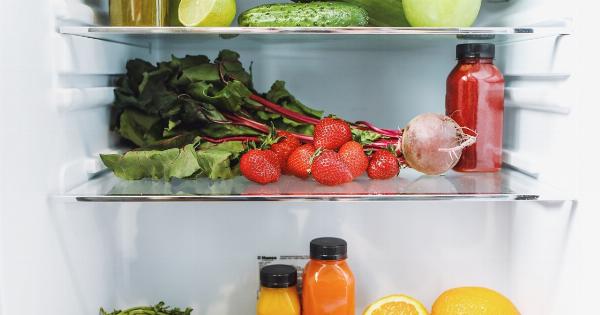Meat, chicken, and fish are important sources of protein in our diets. However, they are perishable goods and have a limited shelf life.
Understanding how to store these foods and how long they can be kept in the refrigerator or freezer is essential to prevent food poisoning and ensure that you are consuming fresh and safe products.
Meat Shelf Life
The shelf life of meat depends on several factors, including the type of meat, its freshness, and the storage conditions. Raw beef, lamb, pork, and veal can be stored in the refrigerator for 3 to 5 days.
Cooked meat, on the other hand, can be kept for an additional 3 to 4 days. If you want to extend the shelf life of your meat, you can store it in the freezer, where it can last for up to 6 months.
However, it is essential to handle and store meat properly to ensure its safety. Always store raw meat on the bottom shelf of the refrigerator to prevent it from contaminating other foods.
Make sure that the meat is stored at a temperature of 40°F or below. If the meat smells bad, has a slimy texture, or has a grayish color, it may be spoiled and should be thrown away.
Chicken Shelf Life
Chicken is a popular and versatile meat, but it is also prone to bacteria growth, making it important to follow proper food safety guidelines. Raw chicken should be stored in the refrigerator for no more than 2 days.
Cooked chicken can be kept in the refrigerator for an additional 3 to 4 days. To extend the shelf life of chicken, freeze it for up to 6 months.
When storing chicken, make sure that it is wrapped tightly and stored on the bottom shelf of the refrigerator.
Do not leave the chicken at room temperature for more than 2 hours, and avoid using the same cutting board or knife for raw and cooked chicken. Cooked chicken should be reheated to an internal temperature of 165°F to ensure that it is safe to eat.
Fish Shelf Life
Fish is a delicious and healthy source of protein, but it is also highly perishable and can spoil quickly if not stored properly. The shelf life of fish depends on the type of fish and its freshness.
Fresh fish should be cooked or consumed within 1 to 2 days of purchase.
If you want to store fish for a longer period, freeze it for up to 6 months. However, frozen fish should be thawed in the refrigerator or by placing it in a sealed plastic bag and placing it in cold water.
Do not thaw fish at room temperature as this can promote the growth of bacteria.
Conclusion
Understanding the shelf life of meat, chicken, and fish is crucial for ensuring food safety and enjoyment. Proper storage and handling of these foods can prevent the growth of harmful bacteria and extend their shelf life.
By following simple food safety guidelines, you can enjoy these delicious and healthy foods with confidence.





























